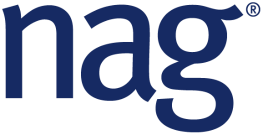Summary of my research's theoretical part

During the last year of my study, we have been exploring the convergence analysis of the developed algorithm (PBM-AL) . We developed a dual convergence analysis for the penalty barrier multiplier augmented Lagrangian (PBM-AL) method using a hyperbolic penalty function. Our analysis showed that PBM-AL can be characterized as a proximal point algorithm based on Fenchel conjugates. This allows for a more efficient scheme without sacrificing convergence results. Notably, our analysis relaxes the assumption of exact subproblem solutions, introducing an early stopping condition based on Fenchel duality. We also proposed a primal-dual update scheme ( PDAL ) to ensure dually feasible iterates and allowed controlled violation of equality constraints for the use of iterative solvers. A relaxation of Fenchel duality using an exact penalty function was utilized for the early stopping criterion. Below are the key literature sources that were utilized for the analysis and derivation of the conve...





